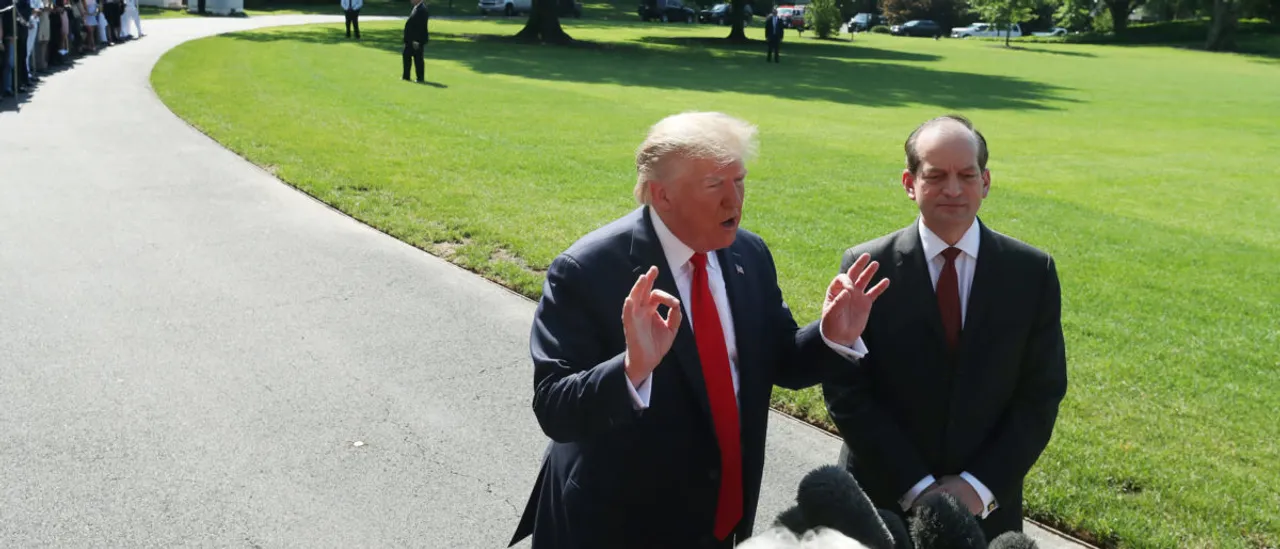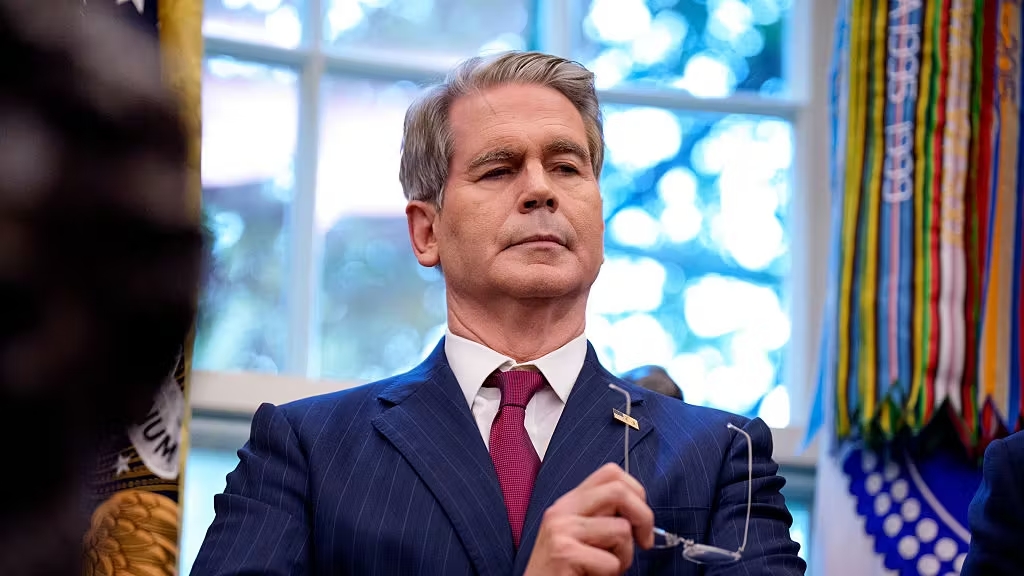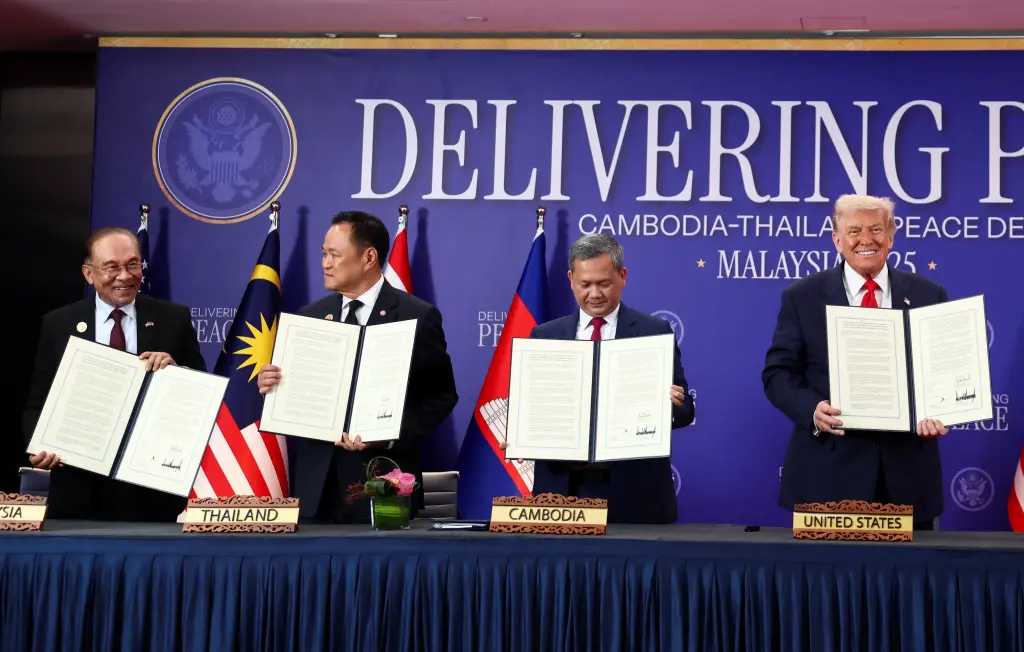WASHINGTON — Alex Acosta, the former U.S. attorney who brokered the controversial 2008 plea deal for Jeffrey Epstein, vehemently denied any knowledge of the financier’s alleged connections to intelligence agencies during a closed-door interview with the House Oversight Committee. Acosta’s testimony, released on Friday, is part of the committee’s ongoing investigation into how federal prosecutors handled the Epstein and Ghislaine Maxwell cases.
During the September 19 testimony, Democratic New Mexico Rep. Melanie Stansbury pressed Acosta on a long-standing theory that Epstein may have had ties to U.S. or foreign intelligence services. The theory, which has circulated for years in connection with Epstein’s lenient treatment, resurfaced when Steve Bannon, former White House strategist, publicly claimed that Acosta had told him Epstein “belonged to intelligence.”
Stansbury referenced Bannon’s comment, asking Acosta directly if he recalled discussing Epstein’s ties to intelligence with Bannon. Acosta responded, “I don’t recall ever speaking to Bannon about Epstein.” He also denied ever asserting that Epstein belonged to intelligence, stating, “I have not,” when asked if he had made such a statement.
Acosta further clarified that he had consistently denied the rumor, including during a press conference and in an interview with the Justice Department’s Office of Professional Responsibility. He reiterated that he had no knowledge regarding whether Epstein had any ties to the intelligence community.
The line of questioning intensified when Stansbury asked if anyone from the CIA, NSA, State Department, or the FBI’s intelligence division had contacted Acosta about Epstein. Acosta responded “no” to each agency, continuing to maintain his lack of knowledge about any intelligence connections.
When asked about the possibility of Epstein being linked to foreign intelligence services, including Israel’s Mossad, Acosta’s answer was again vague. “I do not know if he did or did not,” he said, further stating, “If you want to know that, you need to ask the intelligence community. I have not been approached by any member of the intelligence community, and I have no knowledge of his membership in the intelligence community.”
Stansbury pressed Acosta on whether he had any reason to believe Epstein could have been an asset for a domestic or foreign intelligence operation, to which Acosta responded, “If there was any secure information, procedures would have been triggered that were never triggered.”
Finally, Stansbury asked if anyone had ever told Acosta that Epstein could not be prosecuted because he was “an asset.” Acosta firmly replied, “No one approached me and said that.”
The testimony ends with a redacted name, indicating a moment where the committee went off the record.
This exchange comes amid continued scrutiny over Epstein’s 2008 plea deal, which critics argue allowed him to avoid a more severe punishment for his crimes, and the ongoing investigation into the connections between Epstein, his network, and potential links to intelligence agencies. As the committee’s probe continues, Acosta’s testimony raises more questions about what, if anything, the U.S. government knew about Epstein’s broader activities and connections.



